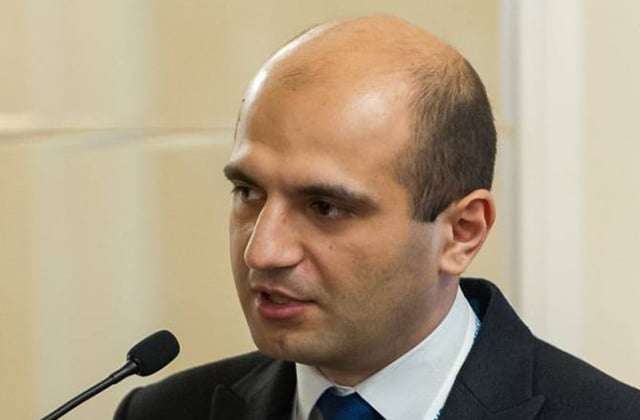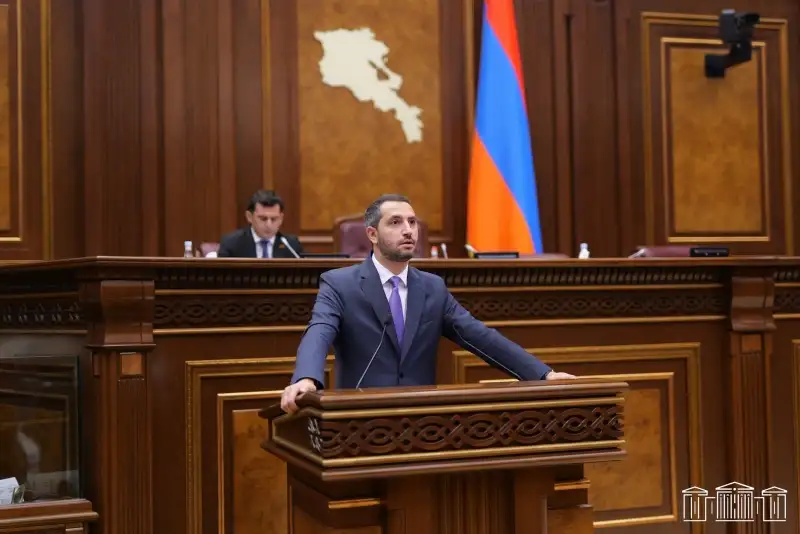Radar Armenia's interlocutor is political scientist Norayr Dunamalyan.
- Turkish Ambassador to Baku Birol Akgun stated that Azerbaijan, as the winning party, rightly declares the need to open the Zangezur corridor. What does this mean?
- It is not the first time that such statements have been made, and recently, the issue of the Zangezur corridor has been raised. Turkish Minister of Transport and Infrastructure Uraloğlu has previously discussed this topic several times. Still, today it has gained more relevance, particularly in light of the need for an external delegation. That is, the Zangezur corridor should be exploited with the mediation of the United States, and from that perspective, yes, there are more such statements. Although these are speculations rather than a concrete conversation about the plans and the general topic of what this corridor should be like, who will manage it, by what means, etc. Also, in a sense, they are trying to shape public opinion within Armenia on this topic, making it more acceptable.
-The diplomat notes that "the timing and conditions for opening the corridor depend on the agreement of both sides." Will the sides reach an agreement?
-It is tough to say, because on the one hand, it is just a diplomatic formulation that both sides must come to some agreement, on the other hand, both the Turkish and Azerbaijani sides are putting pressure on the Armenian side to make concessions. On the other hand, it should be understood that the approaches are very different: the Armenian side talks about sovereignty, talks about third powers (for example, the US or Russia) in a more negative sense. The Azerbaijani side insists that they need an independent corridor, one under their or Turkey's control, which would significantly limit the Armenian side's opportunities.
-If the Turkish ambassador's formulation "the Turkic world needs a corridor for direct communication" is implemented, what consequences could it have for Armenia's sovereignty and regional security?
-It must be said that in general, the opening of the corridor, that 42 or 45 km section, will not give Armenia anything. Although money may be allocated for transit, from a geopolitical perspective, Armenia is unlikely to become a transit country. In other words, the entire South Caucasus system must function, and the deblockade must be comprehensive. If that does not happen, Armenia will not be part of that road and, in effect, will be on the side of the road. Turkey will gain a direct connection with Central Asia, increasing pressure on countries like Iran, as the route through Iran will become more convenient. The other option is through the Caspian Sea, which should be the connection, but it is more expensive. If Turkey secures the corridor through Armenia, the North-South parts originally intended for the other project will be incorporated into the Middle Corridor. The important thing here is not how the railway will pass, but who will provide the funding, who will use it, and for what purposes. According to this, Turkey does have that plan, but implementing it alone is quite difficult. It must have the support of the West, regional countries, such as Azerbaijan or Armenia, the countries of Central Asia, and Turkey's policy is aimed at pushing Russia out of the region.
Lilit Abrahamyan


















